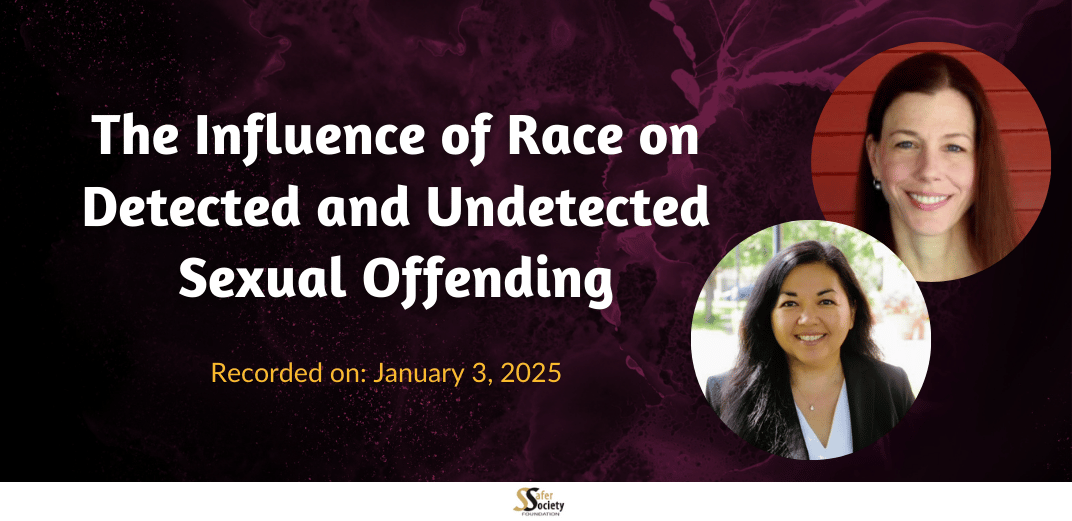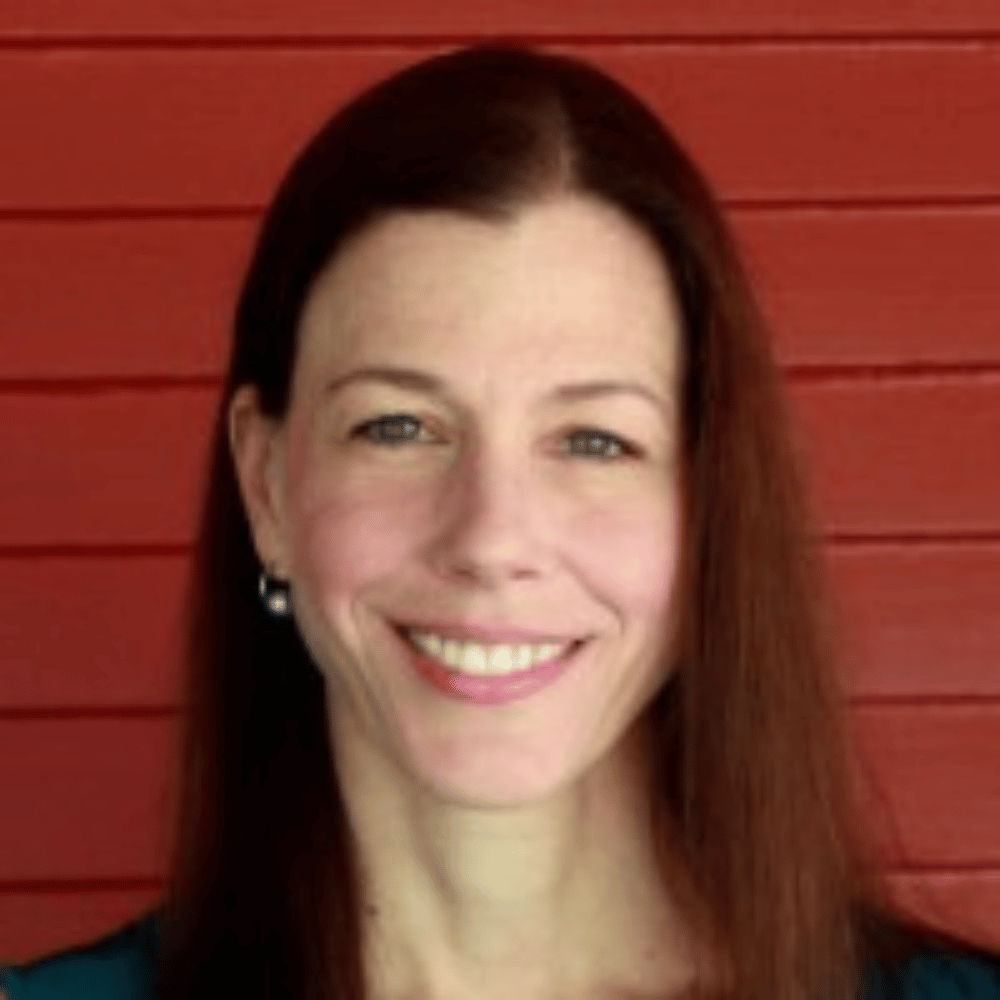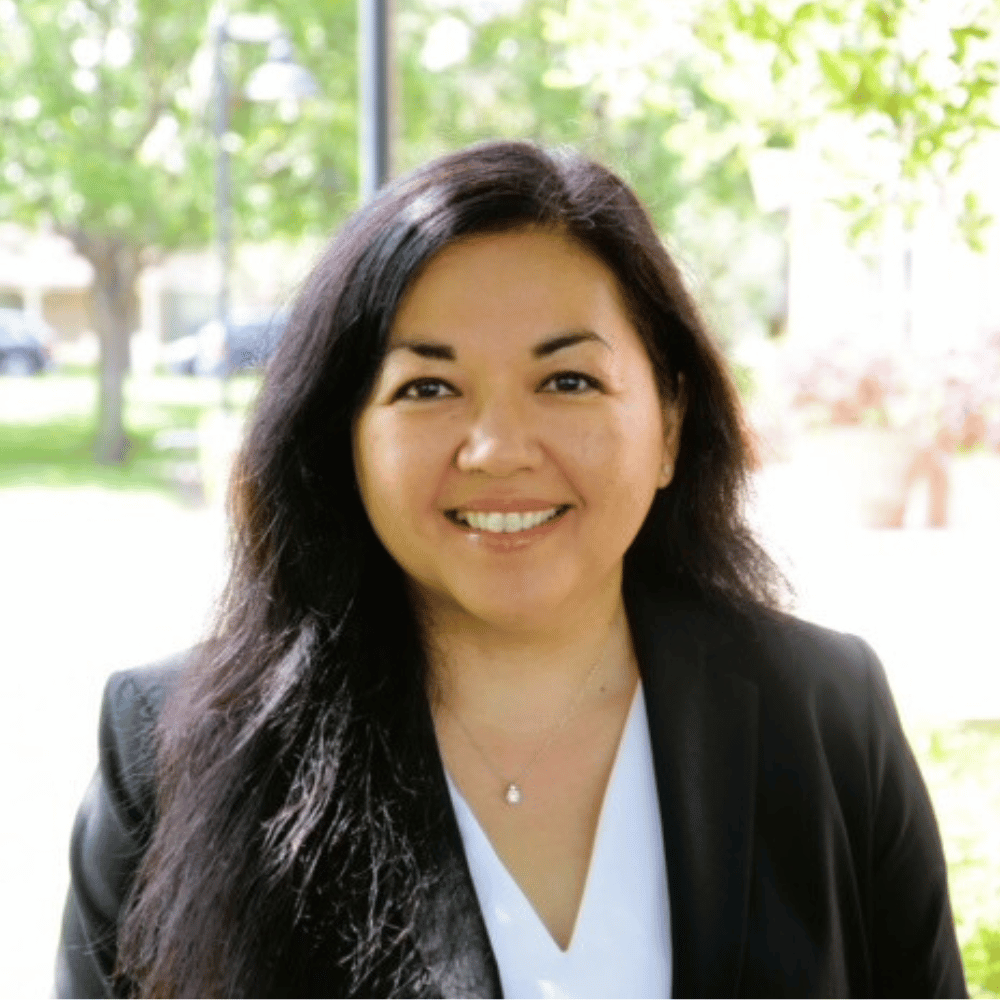
The Influence of Race on Detected and Undetected Sexual Offending
This webinar is primarily for professionals involved in criminal justice, mental health, and risk assessment field. This includes practitioners, evaluators, policymakers, and researchers interested in understanding the complexities of undetected sexual offending. Additionally, individuals focused on issues of racial disparities in detection rates may find this webinar relevant.
How much do we know about undetected sexual offending? This question remains a critical concern for practitioners, courts, and policymakers alike. In this webinar, Dr. Kelley and Dr. Zaw discuss their recent study on the influence of race on detected and undetected sexual offenses among individuals deemed to be at high risk of re-offense. Their research compares white and Black adult males, revealing significant findings pertinent to understanding the actual prevalence of sexual offenses. This study is relevant to those seeking to understand the true rate of sexual offending and its implications for justice and policy development.
Dr. Kelley and Dr. Zaw’s study is the second of a series aimed at understanding how to best account for undetected sexual offending—those that could have led to a criminal charge or conviction if detected—in risk assessments. Their earlier research findings led them to ask what could affect the detection rate, with racial differences being a focus. While existing studies and publications highlight disparities in victim reporting rates, policing practices, and judicial system responses for white versus Black men, questions remain about the differences in crimes, motivations, detection rates, and potential biases throughout the process.
Dr. Kelley and Dr. Zaw’s findings are as complex as they are helpful. Their discussion focuses on areas that include antisocial processes and offense-related sexual interests. After presenting their study and findings, they explore the implications for risk assessments and evaluators, offering valuable perspectives for professionals in the field.
Who's Presenting

Sharon Kelley, PsyD
Dr. Kelley has been completing risk assessments in the field of sexual offending for the past 20 years. She is currently employed as a forensic psychologist with the Sand Ridge Evaluation Unit in Madison, Wisconsin. In addition to this, she maintains a private practice completing evaluations and trainings, and she has volunteer positions on the ATSA Board of Directors and the ATSA journal’s editorial board. She is a licensed psychologist in Wisconsin, Minnesota, Iowa, and California. Both with her practical work and research projects, she is interested in empirically-based risk assessments, best evaluation practices, and understanding evaluator decision-making.

Gangaw Zaw, PhD
Gangaw Zaw received her Ph.D. in Clinical Psychology from Loma Linda University in 2006. She has been an adjunct professor at the University of La Verne and is a full-time forensic psychologist. She currently works for the California Department of State Hospitals conducting sexually violent predator evaluations, a role she has been in since 2010. She also has a private practice specializing in adolescent development, conducting juvenile transfer and re-sentencing evaluations. Dr. Zaw immigrated to the United States with her family from Burma in 1982. Though she did not have the experience as a refugee, she is rooted in her culture and understands life in the US as an immigrant. In her free time, she has studied Buddhism and meditation from Buddhist monks and teachers worldwide.
